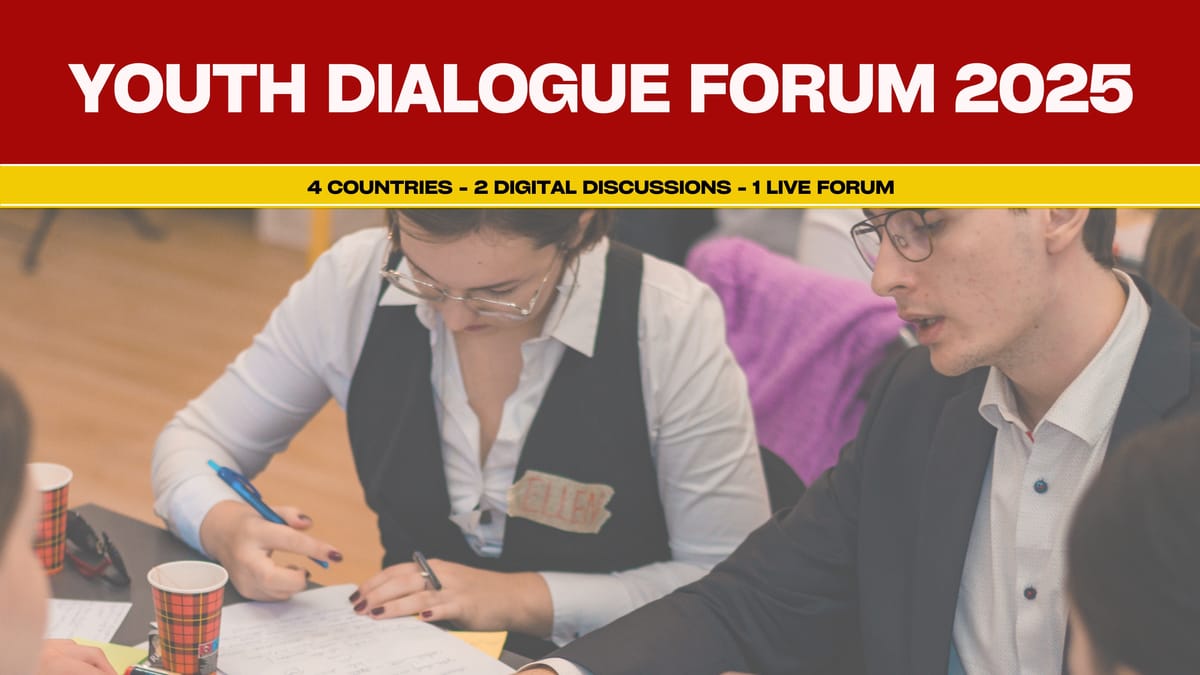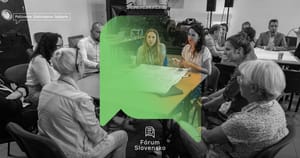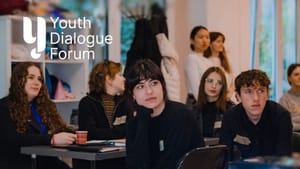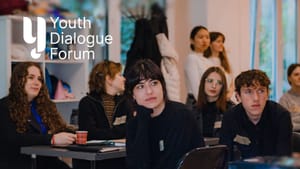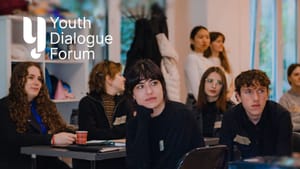Fake news isn’t just big politics - it’s part of our everyday lives. Maybe it’s rumors at school, posts in your feed, or arguments with family and friends. Do you feel it has a major impact on your life? How does it affect trust in your closest circles, broader communities, or even your country? Join the conversation and let’s learn from each other!
Share your experience in this unique international discussion! Vote on 35 statements and gain the chance to join us at the live forum in Kraków (23.-25.1.2026) - all costs covered. The conversation is anonymous and open till 7th of november 2025.
Recommendations for effective participation
DEMDIS discussion is an innovative method of engaging citizens in a fair and open dialogue.
- Vote on the statements of participants and add your own.
- Please be mindful of the contexts of other communities (for example, when speaking about your community, don't mention its name — we can identify it through your ambassador’s link) and speak from your own experience.
- The discussion has automated translations - feel free to add your statements in your language.
- You can find here more about the process of DEMDIS discussions and their complete methodology.
Why do we ask?
We’re asking these questions because misinformation isn’t only about falsehoods or intentional propaganda - it’s about how it affects our daily lives, our trust in others, and our sense of belonging.
By sharing your personal experiences, you contribute to our collective understanding of how misinformation affects real lives and communities across our countries. The goal is not to point fingers, but to see patterns, learn from one another, and explore what helps people stay connected and resilient even when truth feels uncertain. Your perspective is a crucial piece of this bigger picture.
Misinformation means false or misleading information that people share often without realizing it’s untrue. Unlike disinformation, which is spread on purpose to manipulate or deceive, misinformation usually spreads because people trust the source or want to help.
What is to be done with the results?
The results of this discussion will help us understand how misinformation affects people and communities across countries. Based on this shared mapping, we’ll move to the next step: a solutions-oriented discussion focused on what can be done about it. The insights will also guide the facilitation design of the live Youth Dialogue Forum in Krakow, where selected participants will co-create concrete recommendations. Each ambassador will receive national and community-level summaries showing how their outreach network experienced and understood the issue.
More information can be found in the links bellow.


